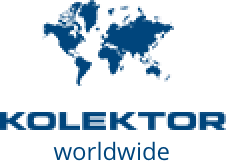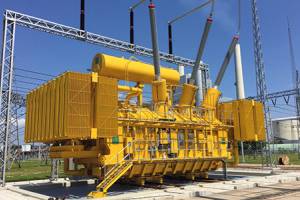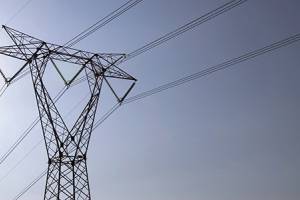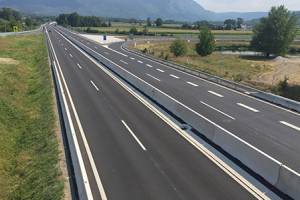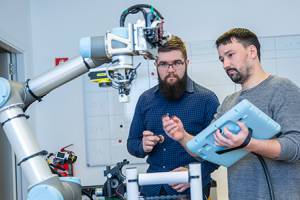Going paperless in manufacturing means they have real-time information about the production
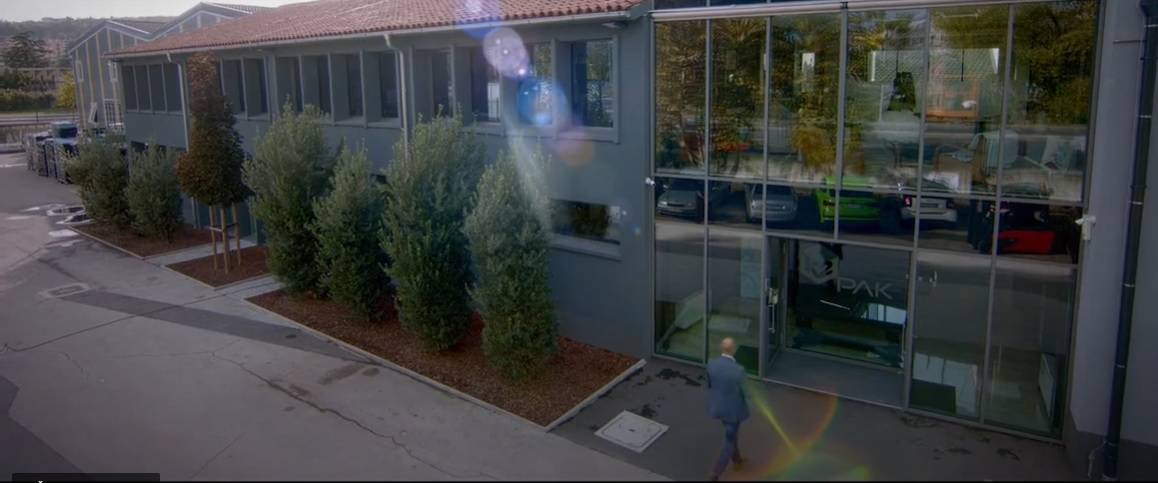
K2PAK is one of the leading European companies in reversible transport packaging, with Germany as its primary export market. The recent acquisition of K2PAK by KTP Holding GmbH, a top European manufacturer of plastic pallet systems, has strengthened its position in providing comprehensive transport packaging solutions.
K2PAK is committed to providing cost-effective, protective, and reusable packaging while reducing costs and promoting environmental responsibility. Driven by innovation and sustainability, the company strives to deliver high-quality products and services to its customers and significantly influence the industry.

Before starting their digital transformation
Before introducing paperless production, K2PAK traditionally managed its production, primarily collecting information through paper documentation or meetings. In addition, they carried out the scheduling of production activities entirely within the ERP system and manually using Excel files.
During the company's growth phase, they needed more time due to constant data collection, manual creation of performance indicators, and calculation of their costs, which was one of the reasons for deciding to transition to paperless production.
Another significant reason to notice is the increase in orders and presence in the automotive industry sector, which prompted the final decision to upgrade the management of the production process with a powerful digital solution.

The first step of project implementation
Based on a thorough examination of the existing state of K2PAK's production process, we prepared a technical specification for the solution tailored to the needs of all stakeholders and users of Sinapro.IIoT.MES. In doing so, we aimed to ensure the transfer of long-standing knowledge and experience into the digital solution and a smooth transition to automated data capture and paperless production, as we understood that it was important for the company's leaders to have all employees satisfied with the user experience of such a system.

Savings and results
The current result of automated data capture and paperless production is mainly reflected in the time savings resulting from the integration of the MES and ERP system. As a result, 11 working hours are saved per day. Before the implementation, employees manually copied data from paper documentation into the ERP system, which is no longer necessary.
As a result, they expect to save 2,860 working hours annually, with an approximate value of €30,000 per year. It means that the savings from this aspect alone will cover the labor costs of implementing the system within two years. In this calculation, we have not considered the remaining benefits and improvements brought about by the introduction of paperless production.
One of these benefits includes a 70% reduction in printing costs and an increase in productivity and other performance indicators that will become evident through the use of the system.
Main results:
- Paperless production
Paperless production not only captures data in real time, eliminating errors
and improving information flow and productivity, it certainly offers enormous savings on
in the field of document printing. - Reducing human error
By ensuring that all stakeholders in the company have the information they need to work effectively at all times, the risk of errors is drastically reduced. - Real-time monitoring
The introduction of real-time monitoring is certainly reflected in the integration betweendifferent systems. And with seamless integration and connectivity, complete transparency and control is achieved. - Increases in productivity
By monitoring production in real-time, it is possible to optimize and adjust the production process at any time in order to achieve higher productivity
Back

